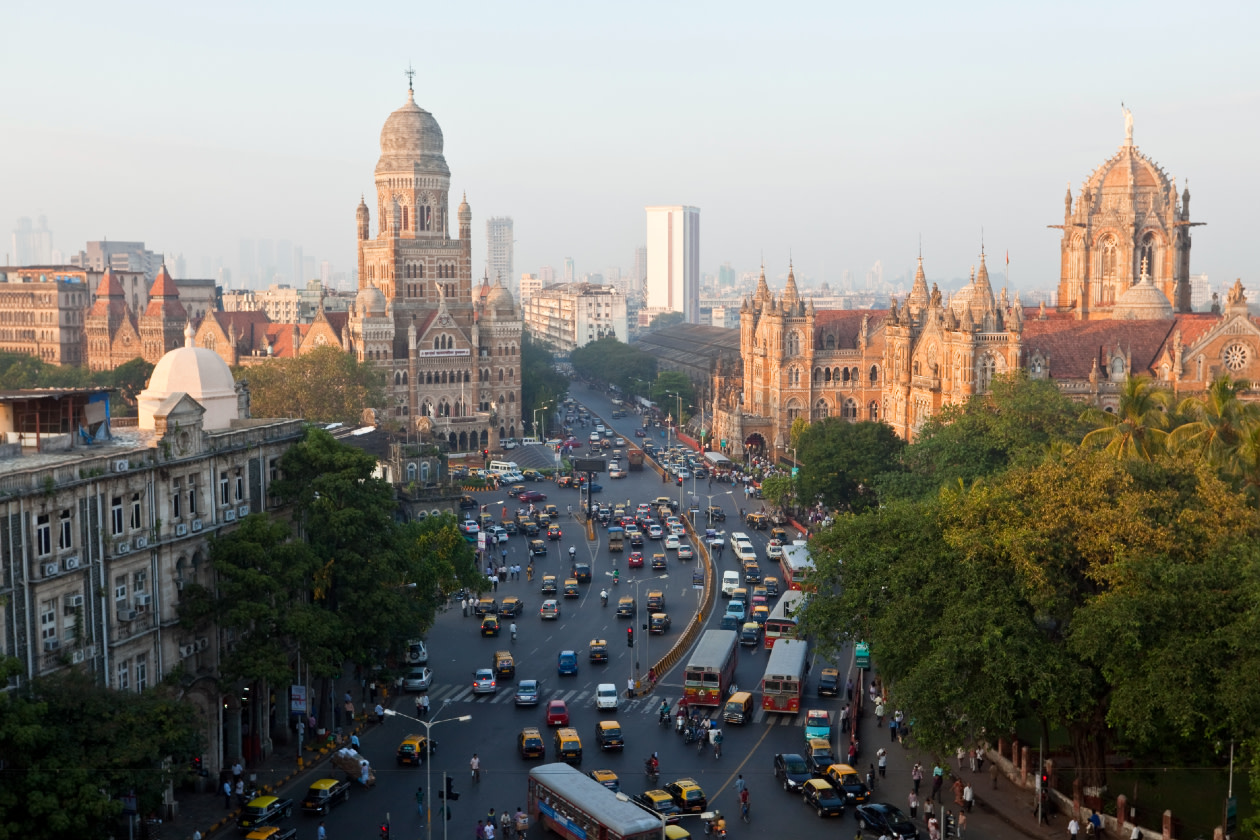The Reserve Bank of India (RBI) kept its key interest rate unchanged on Thursday, as widely expected, retaining its focus on bringing inflation down even as global market volatility left other major central banks poised to ease policy.
The Monetary Policy Committee (MPC), which consists of three RBI and three external members, kept the repo rate unchanged at 6.50% for a ninth straight policy meeting.
Four out of six MPC members voted in favour of the rate decision.
The MPC last changed rates in February 2023, when the policy rate was raised to 6.50%.
The monetary policy stance was retained at 'withdrawal of accommodation' to aid the MPC's focus on bringing inflation towards the target, with four of the six members voting in its favour.
All 59 economists in the Reuters poll conducted in late July predicted the central bank would stand pat on rates.
It is important for monetary policy to stay the course in bringing inflation down towards its 4% medium term target, RBI Governor Shaktikanta Das said, adding that India's food inflation remains "stubbornly" high.
"Growth remains resilient, inflation has been trending downward and we have made progress in achieving price stability, but we have more distance to cover," Das said.
Ensuring price stability is important for sustainable growth, Das said.
"With growth remaining robust, the MPC still has room to hold on to policy stance to get confirmation on the disinflationary trend," said Upasna Bhardwaj, chief economist at Kotak Mahindra Bank.
"We continue to expect scope for change in stance in the October policy with rate cuts beginning from December."
After the RBI maintained its hawkish policy stance, Indian shares traded lower.
The NSE Nifty 50 index and the S&P BSE Sensex shed 0.4% each.
The 10-year benchmark bond yield < IN071034G=CC> rose slightly to 6.8731% from 6.8678% before the policy decision, while the Indian rupee was nearly flat at 83.95 against the dollar.
Investors were hopeful the RBI will soften its overall stance on inflation following the recent souring of global market sentiment and firmer expectations the Federal Reserve will cut interest rates in September.
Global equities and currencies tanked early this week as the Bank of Japan hiked rates to their highest levels since 2008 last week and fears of a U.S. recession rose on the back of weak employment numbers.
While Indian equities fared better, the rupee fell to all-time lows, prompting central bank intervention.
There are significant challenges to medium term global growth, Das said in his policy statement, while acknowledging global market volatility and the move towards rate cuts by several global central banks.
However, the governor gave no hint that global factors would alter the path of India's monetary policy.
"Policy guidance reinforced that domestic considerations will be prioritised, despite a sharp buildup in rate cut pricing for the U.S. Federal Reserve," said Radhika Rao, senior economist at DBS Bank in Singapore.
Growth, Inflation forecasts unchanged
The RBI kept its growth forecast for fiscal 2025 unchanged at 7.2%, slower that the 8.2% expansion in fiscal 2024.
Domestic economic activity remains resilient, Das said.
The central bank also retained its inflation forecast at 4.5% in the current year.
The annual retail inflation rate rose for the first time in five months in June, climbing above 5% on the back of a jump in food prices.
Commenting on a decline in core inflation, which excludes volatile food and energy prices, Das said: "The public at large understands inflation more in terms of food inflation than the other components of headline inflation."
"Therefore, we cannot and should not become complacent merely because core inflation has fallen considerably."
(Reporting by Swati Bhat and Sudipto Ganguly, Writing by Ira Dugal; Editing by Savio D'Souza and Shri Navaratnam)
Copyright (2024) Thomson Reuters. Click for restrictions
This article was written by Swati Bhat and Sudipto Ganguly from Reuters and was legally licensed through the DiveMarketplace by Industry Dive. Please direct all licensing questions to legal@industrydive.com.

